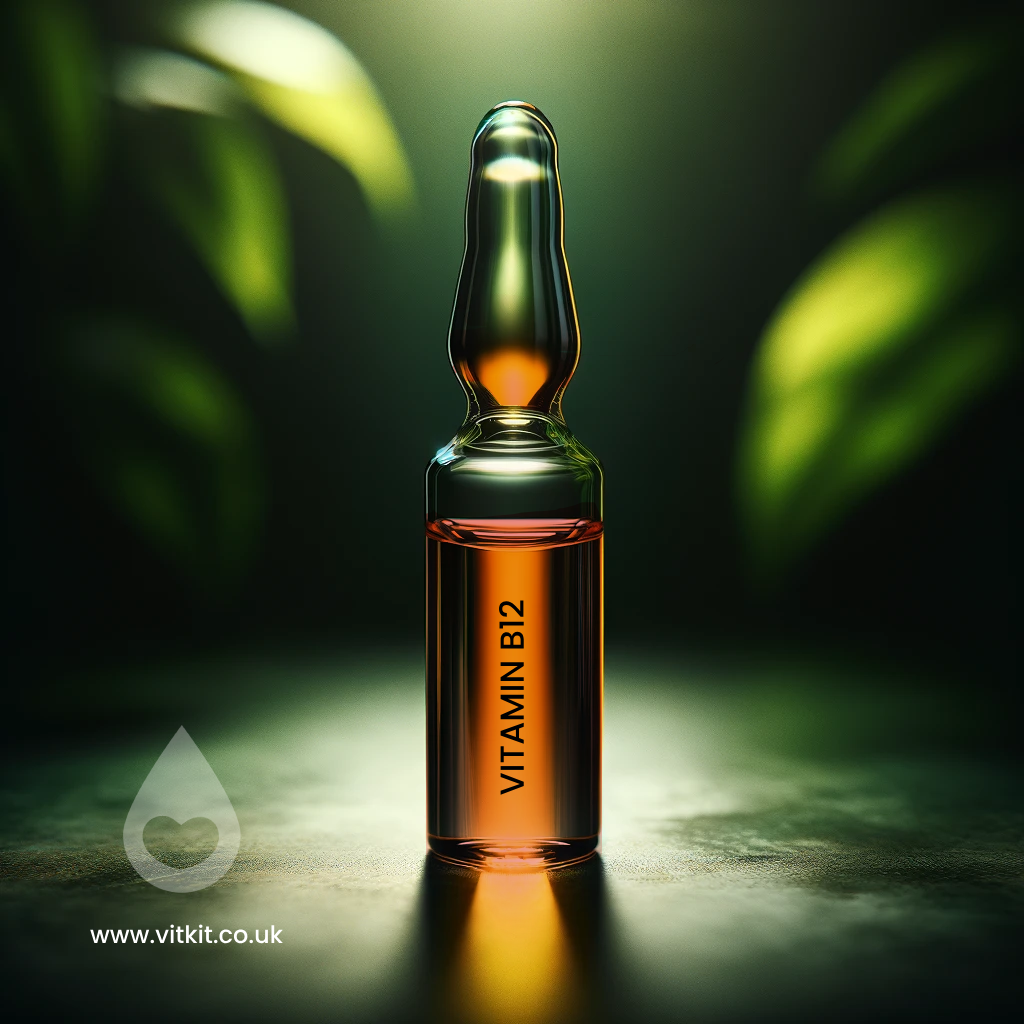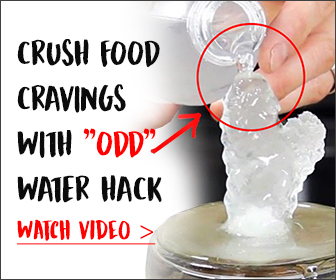Vitamin B12 is an essential nutrient that plays many vital roles in our bodies. However, some people may have difficulty absorbing enough B12 from their diets alone. For these individuals, vitamin B12 injections can be a lifesaving treatment option. This blog post will explore the key reasons why someone may need vitamin B12 injections.

Content
What is Vitamin B12 and What Does it Do?
Vitamin B12, also known as cobalamin, is a water-soluble vitamin naturally present in foods of animal origin. It plays a critical role in the normal functioning of the brain and nervous system, as well as the formation of red blood cells. Vitamin B12 is also needed to make DNA, and it helps prevent megaloblastic anemia which occurs due to large, immature red blood cells.
Some of the main functions of vitamin B12 include:
- Production of red blood cells
- Neurological function
- Energy metabolism
- DNA synthesis
Who is at Risk of Vitamin B12 Deficiency?
Certain groups are more prone to developing a vitamin B12 deficiency due to challenges absorbing the vitamin from foods. Some potential risk factors include:
- Older adults, as absorption decreases with age
- Vegans and vegetarians without supplements
- People with pernicious anemia (an autoimmune disorder)
- Those with gastrointestinal conditions like Crohn’s disease
- Post-bariatric surgery patients
- Heavy alcohol users
Symptoms of a B12 deficiency can include fatigue, weakness, constipation, loss of appetite, weight loss, and neurological problems. Left untreated, it can cause megaloblastic anemia and permanent neurological damage.
How Vitamin B12 is Normally Absorbed
Vitamin B12 is found naturally in animal products like meat, fish, eggs, milk and dairy. It requires intrinsic factor, a protein produced by cells in the stomach, to be properly absorbed in the small intestine.
However, as people age, intrinsic factor production decreases. Certain medical conditions can also impair absorption. For example, in pernicious anemia, the immune system attacks intrinsic factor. Gastrointestinal issues may prevent B12 from absorbing in the terminal ileum of the small intestine where absorption occurs.
Why Vitamin B12 Injections May be Necessary
For individuals who cannot absorb enough B12 from their diets, injections directly raise levels in a very absorbable form. Some of the main reasons someone may need vitamin B12 injections include:
- Pernicious anemia – Injections bypass the need for intrinsic factor
- Gastrointestinal disorders – Bypass absorption issues in the stomach/intestines
- Post-bariatric surgery patients – Reduced stomach size limits oral absorption
- Strict vegetarians/vegans – No reliable B12 sources without supplements
- Older adults – Age-related decline in intrinsic factor production
Injections ensure the vitamin bypasses the gastrointestinal tract and is delivered straight into the bloodstream. This allows for proper absorption and utilization by the body, even if oral supplements are not an option.
Getting Vitamin B12 Injections
Vitamin B12 injections are typically administered intramuscularly, either into the arm or thigh muscle. They are usually prescribed regularly, such as once a month or once every 3 months, depending on the individual’s needs and condition.
No serious side effects are normally associated with B12 injections. Mild pain or soreness may occur at the injection site. Where can I buy vitamin B12 injections UK? You can purchase B12 injections over the counter or online from retailers like VITKIT. It’s best to consult your doctor first to determine your dosage needs.
The Importance of Monitoring B12 Levels
For those relying on injections, it’s important to have vitamin B12 levels monitored regularly through simple blood tests. This allows a doctor to track the treatment’s effectiveness and determine if any dosage adjustments are needed. Proper monitoring also prevents potential toxicity from developing due to excessively high levels over time.
Maintaining adequate B12 levels through injections or other means is crucial for avoiding serious health issues. Deficiency can permanently damage the nervous system if left untreated for too long. Injections provide a reliable solution for absorption when oral supplements are not an option.
In conclusion, vitamin B12 injections are vital for certain groups at high risk of deficiency. Conditions that impair absorption or lack of dietary sources are common reasons one may need injectable B12. Regular monitoring also ensures therapy is optimized. Injections bypass gastrointestinal issues to safely deliver this critical nutrient where and when it’s needed most.

Helen Bradley is a health blogger and the founder of her own blog about fitness. She has been blogging for three years now and loves to share what she learns with others. Helen enjoys reading, cooking, and staying active outdoors.











